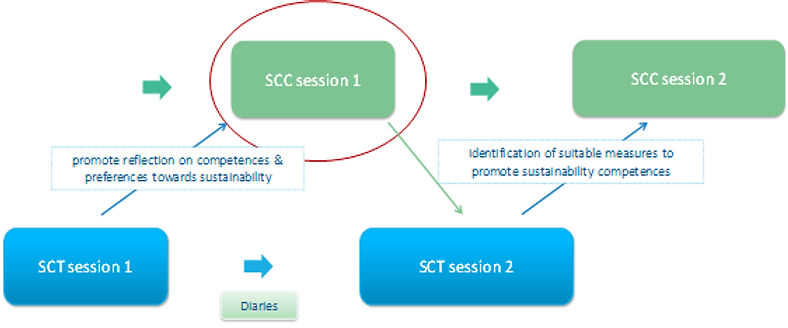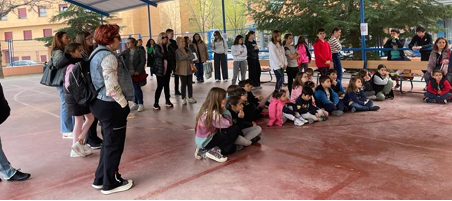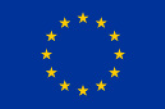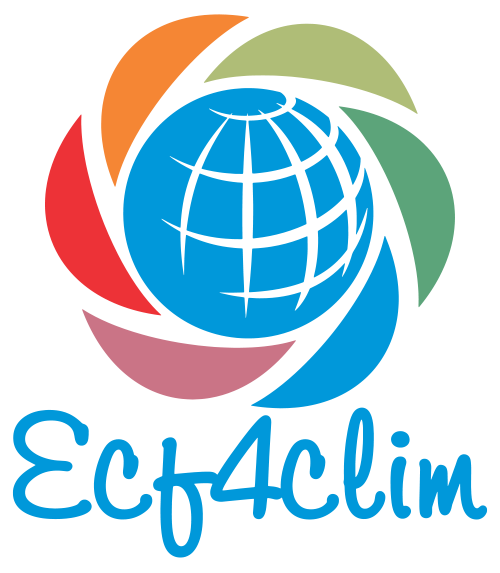ECF4CLIM project has developed a hybrid participatory approach to evaluate the collective and individual competences and to assess the impact of the behaviours and attitudes in the educational performance, through participatory observation, interviews, questionnaires, audits, Internet of Things (IoT) solutions, citizen engagement, and citizen science.
After the first meeting of the each of the three Sustainable Competence Teams (students, teachers, administrative staff) organized in the twelve demonstration sites (schools, high schools, and universities), Sustainable Competence Committees (SCCs) were set-up. Depending on the context SCCs were organized at national level or for each demonstration site.
The SCC consists of representatives from the SCTs (students, teachers, administrative staff) and other stakeholders relevant for the educational community, such as practitioners, NGOs, authorities, etc. A deliberative co-design process is intended to be generated, whereby the groups jointly design the measures that they deem as the most suitable for fostering sustainability in their own school or university.
On November 28 the first SCC meeting was organised at national level in Romania bringing together representatives of the SCTs of four demonstration sites (Nicolae Balcescu school from Dragasani, Sercaia school, Iulia Zamfirescu high school from Mioveni, and University of Pitesti) and relevant stakeholders (parents, NGOs, authorities, media).
